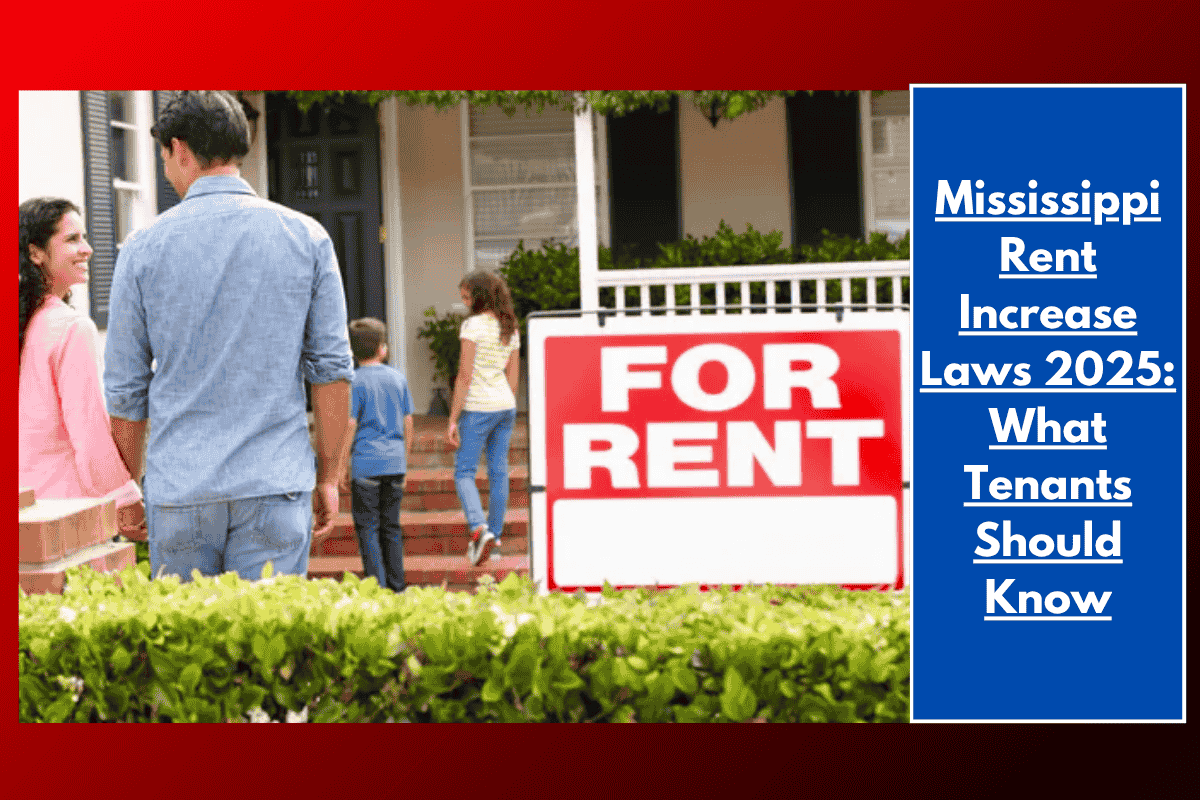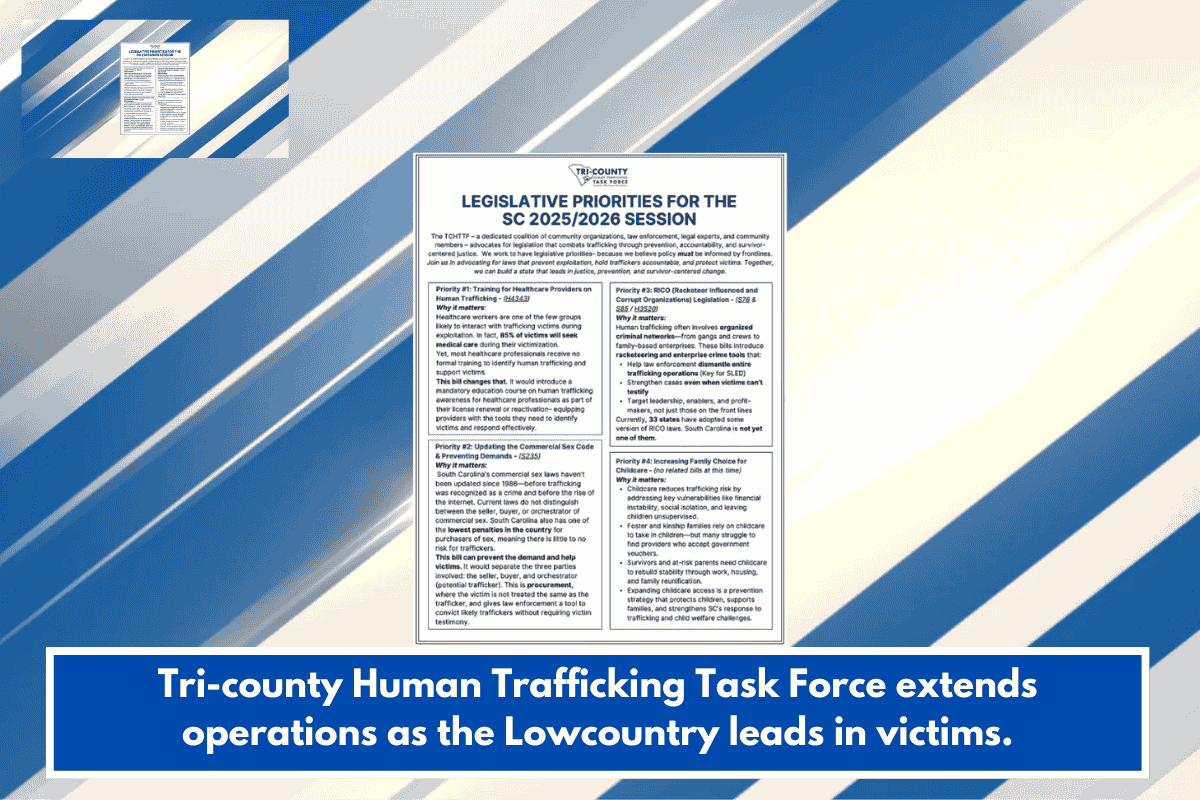As the cost of living continues to rise across the United States, many renters in Mississippi are facing the reality of rent increases. In 2025, it’s essential for tenants to understand the state’s laws regarding rent increases, including how much notice landlords must give and whether there are any restrictions on how much rent can be raised. Here’s what you need to know about Mississippi rent increase laws in 2025.
Is There a Rent Control in Mississippi?
Unlike some states, Mississippi does not have rent control laws. This means that, in general, landlords in Mississippi can increase rent as much as they want, but they must follow specific procedures and provide proper notice to tenants. Rent control laws are typically designed to limit how much rent a landlord can charge or raise rent by, but Mississippi does not have these protections in place.
How Much Notice Must a Landlord Give for a Rent Increase?
Although there is no statewide rent control in Mississippi, there are regulations about how much notice landlords must provide when increasing rent:
- For month-to-month tenants: Mississippi law requires landlords to give at least 30 days’ written notice before increasing rent. If the landlord wishes to raise the rent, they must inform the tenant in writing at least 30 days before the new rent amount takes effect.
- For fixed-term leases: Rent increases typically cannot occur during the term of a lease unless the lease agreement specifically allows for it. If you’re under a one-year lease, for example, your landlord cannot increase the rent until the lease ends, unless the lease includes a clause that permits rent increases during the term. Once the lease ends and is renewed, the landlord can propose a rent increase, but they must provide the same 30-day written notice before the new rate takes effect.
Can Landlords Increase Rent for No Reason?
While Mississippi does not restrict how much rent can be increased, landlords are prohibited from increasing rent for discriminatory reasons. For example, a landlord cannot increase rent because a tenant is a member of a protected class (based on race, gender, disability, religion, etc.). Rent increases must be based on legitimate business reasons, such as rising property maintenance costs or market rates, not personal grievances.
Are There Any Limits on How Much Rent Can Be Increased?
Mississippi does not impose limits on the amount by which a landlord can increase rent. This means that, as long as the landlord follows the proper procedures, they can increase rent by any amount. However, rent increases that are considered excessively high could prompt tenants to consider moving out, so landlords may need to balance raising rent with tenant retention.
Can I Challenge a Rent Increase in Mississippi?
If you feel that a rent increase is unfair or excessively high, there are limited avenues to challenge it in Mississippi. Since there are no rent control laws in place, tenants typically cannot challenge the amount of the increase directly through the courts, unless the increase violates some other aspect of tenant protection, such as discrimination or retaliation.
However, tenants can negotiate with the landlord. If you’re a long-term tenant and have had a good relationship with your landlord, they may be willing to negotiate a more reasonable rent increase, or you may be able to work out a deal for an extension of your lease at the current rate.
What Happens if I Don’t Pay the Rent Increase?
If you fail to pay the increased rent after receiving proper notice, the landlord may begin eviction proceedings. In Mississippi, landlords can file for eviction if rent is not paid on time. However, the landlord must follow the legal eviction process, which includes providing notice of non-payment and filing an eviction lawsuit if necessary.
Tips for Tenants Facing Rent Increases in Mississippi
Know Your Rights: Always be aware of the terms of your lease agreement, including any clauses related to rent increases. This can help you understand when and how your landlord can raise your rent.
Negotiate: If the rent increase is too high, try negotiating with your landlord. If you have been a reliable tenant, they may be open to discussing a more reasonable increase.
Plan Ahead: If you anticipate a significant rent increase, start budgeting and exploring other housing options early. It can take time to find a new place that fits your budget.
Seek Legal Help: If you believe the rent increase is discriminatory or retaliatory, or if your landlord is not following proper procedures, consider seeking legal advice. A lawyer specializing in landlord-tenant law can provide guidance on your options.
Mississippi’s rent increase laws in 2025 provide tenants with some basic protections, such as a 30-day notice for rent increases. While there are no caps on how much rent can increase, tenants should always be aware of their lease terms and the reasons behind any rent increase. In the absence of rent control, communication and negotiation with landlords are essential for tenants facing rising costs. Staying informed and proactive can help ensure that tenants can navigate these challenges and make the best decisions for their housing needs.
SOURCES
[1] https://innago.com/mississippi-landlord-tenant-laws/
[2] https://www.hemlane.com/resources/mississippi-rent-control-laws/
[3] https://www.steadily.com/blog/rent-increase-laws-regulations-mississippi
[4] https://www.steadily.com/blog/how-much-can-a-landlord-raise-rent-in-mississippi
[5] https://www.turbotenant.com/rental-lease-agreement/mississippi/laws/














